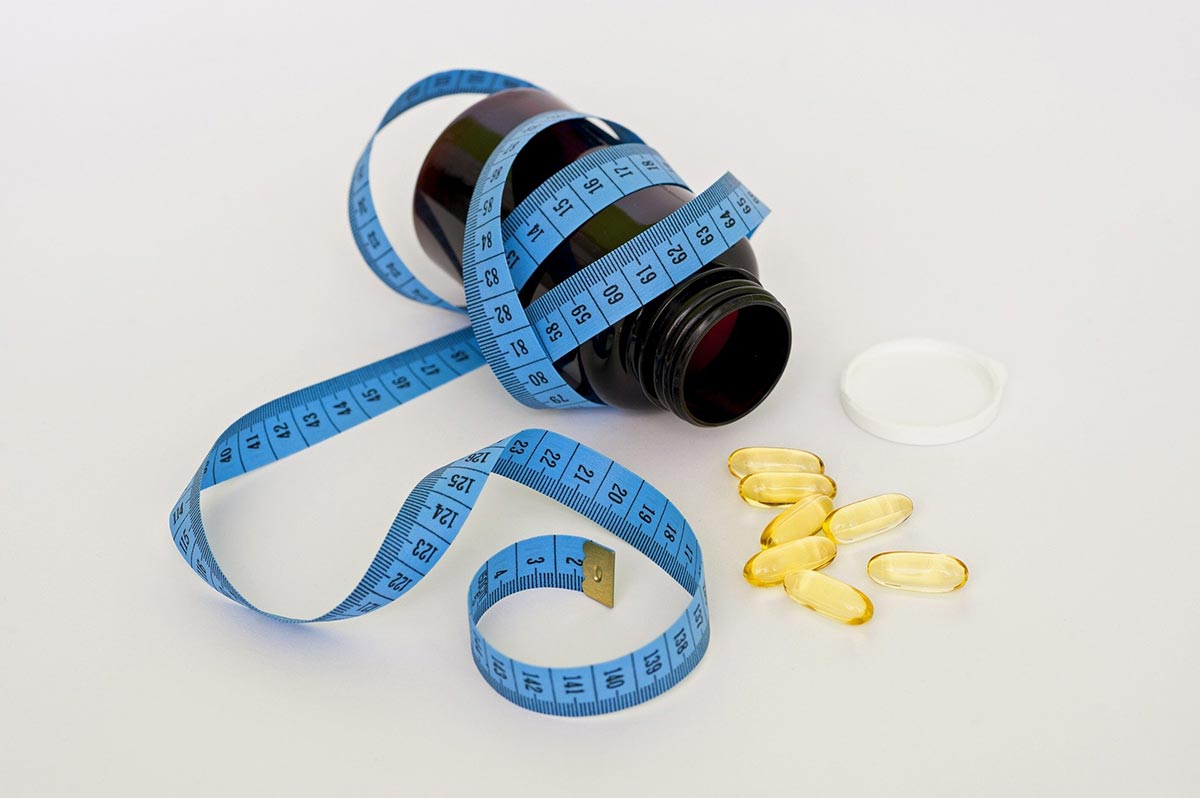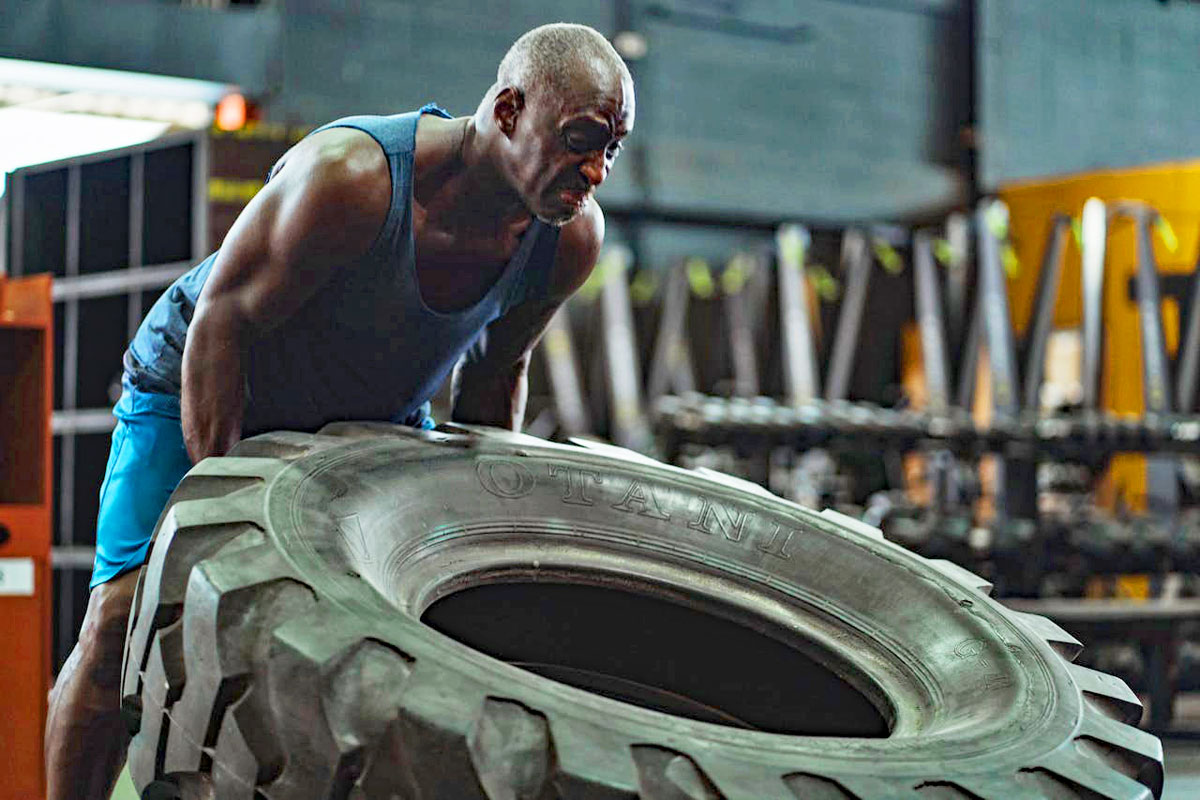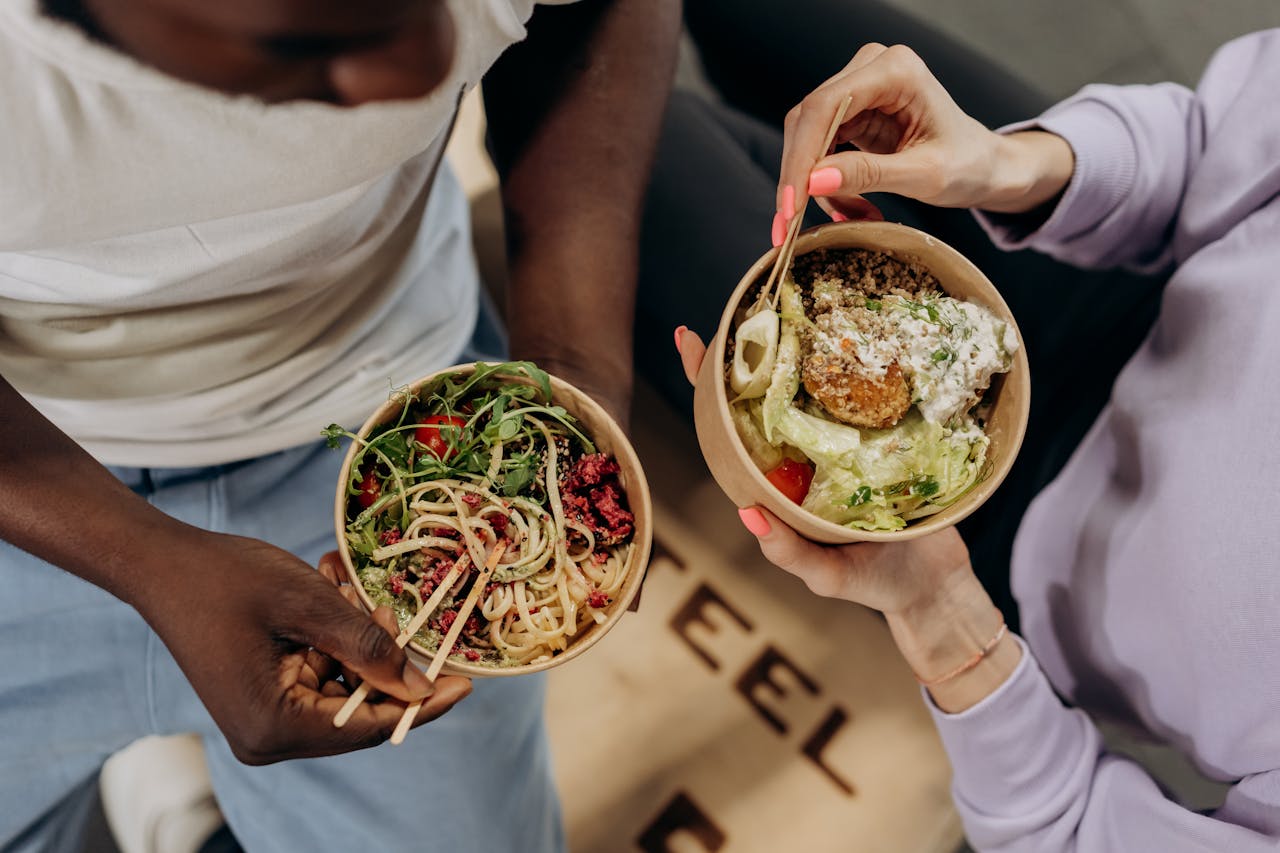In the world of supplements, Coenzyme Q10 often hides behind flashy pre-workouts and overpriced BCAAs. But if you’re an athlete—especially one pushing beyond the age of 35—CoQ10 may be the one molecule you’re neglecting that actually deserves your money. Yes, even more than the collagen powder you think is rebuilding your knees. But here's the catch: not all CoQ10 is the same. And if you’ve been taking the wrong one, you might as well sprinkle sawdust on your oatmeal instead.
The Mitochondrial Link That Fuels Your Performance
CoQ10 is essential for mitochondrial function—those little organelles in your cells that convert nutrients into ATP, the actual currency of energy. Think of it as the oil in your cellular engine. Low CoQ10 levels mean poor energy production, increased oxidative stress, and that inexplicable feeling of “I trained hard, ate right, and still feel like a wet sock.”
Now, here’s the athletic twist: CoQ10 concentrations are highest in high-energy-demand tissues—muscles, heart, brain. If you're tearing up those muscle fibers in pursuit of hypertrophy or endurance, your CoQ10 needs rise accordingly. But here's where age flips the script: after around 30–35, your body becomes increasingly bad at converting CoQ10 into its active form. Yes, the same way it becomes increasingly bad at forgiving cheat meals.
Ubiquinone or Ubiquinol: Which One Actually Works?
CoQ10 exists in two forms: ubiquinone (oxidized) and ubiquinol (reduced). The former is cheaper and more stable; the latter (Ubiquinol) is biologically active and more readily absorbed—especially in older adults or anyone with increased oxidative stress, aka every athlete who ever pushed through lactic acid burn. While a 25-year-old athlete might convert ubiquinone to ubiquinol just fine, studies show that this conversion drops off with age and certain conditions.
In individuals over 40, ubiquinol supplementation results in significantly higher blood levels of CoQ10 compared to ubiquinone, leading to greater mitochondrial activity and measurable performance improvements in endurance and recovery.1 So if you’re taking regular CoQ10 and you’re over 35, you might as well be recycling yesterday’s protein shake.
The Medication Elephant: Statins and the CoQ10 Crisis
Now enter statins—the cholesterol-lowering drugs that millions take daily, often without knowing they come with a nasty side effect for muscle function. Statins inhibit HMG-CoA reductase, the same pathway your body uses to synthesize CoQ10. It’s like cutting your power supply and then wondering why the lights are dim. Several studies confirm that statin users experience reduced CoQ10 levels, which correlates with muscle pain, fatigue, and decreased exercise capacity.2
While the medical community still debates whether CoQ10 should be prescribed alongside statins, many cardiologists already recommend ubiquinol off-label, especially for active patients who still want to squat more than their bodyweight without crying inside.
Other Medications That Crash Your CoQ10 Party
It’s not just statins. Beta-blockers, tricyclic antidepressants, and some diabetes medications also lower CoQ10 levels. If you’re an athlete with a complex health profile—or just someone living in the modern world—your CoQ10 reserves might be chronically drained. Athletes often dismiss fatigue as “just overtraining,” when in reality it might be biochemical sabotage from their pillbox. Supplementation with the right form of CoQ10, especially ubiquinol, has been shown to counteract this depletion, restoring mitochondrial health and reducing drug-induced muscle fatigue.3
So, Should Every Athlete Take CoQ10?
Short answer: no. Long answer: unless you’re under 30, take zero medications, eat like a Mediterranean monk, and recover like a teenager, you probably need it. Especially if you’re in high-volume training or noticing slower recovery times, unexplained muscle soreness, or energy dips that don't respond to food or rest. Several randomized trials show improvements in VO2 max, reduced oxidative stress markers, and better muscle recovery with ubiquinol supplementation in athletes.4 And while it’s not a magical PR-inducing substance, it’s one of the few things in the supplement aisle backed by real biology, not bro science.
The Bottom Line: Upgrade or Waste Your Wallet
If you’re going to take CoQ10, take the form that actually does something—especially if you’re over 35 or on any medication that depletes it. Ubiquinol may cost more, but so does your gym membership, organic chicken, and collagen coffee. And none of those directly power your mitochondria. Don’t be the athlete who spends $80 a month on whey but cheaps out on the molecule keeping your cells alive. Remember: you can’t out-train biochemistry.
Provocative take-home: If you’re over 40 and still popping ubiquinone, you’re basically seasoning your fatigue with optimism. Upgrade to ubiquinol—or prepare to let your mitochondria retire before you do.
This article is editorial in nature and does not constitute medical advice. Always consult a physician for any health-related concerns, whether psychological or physical.













